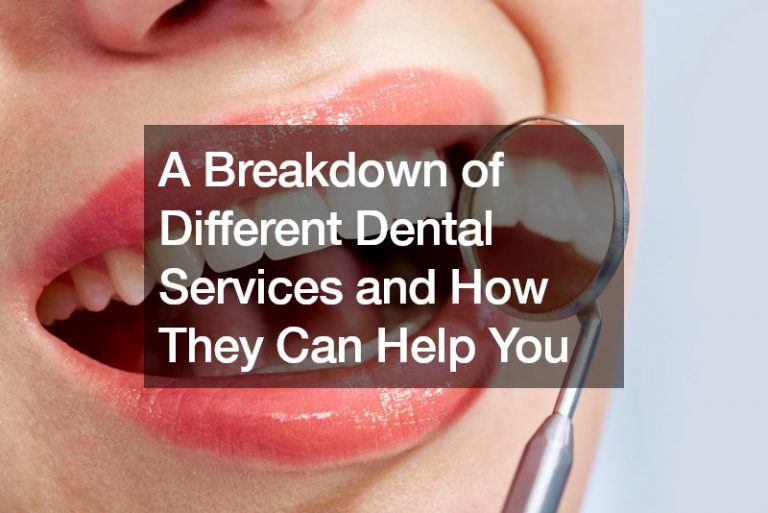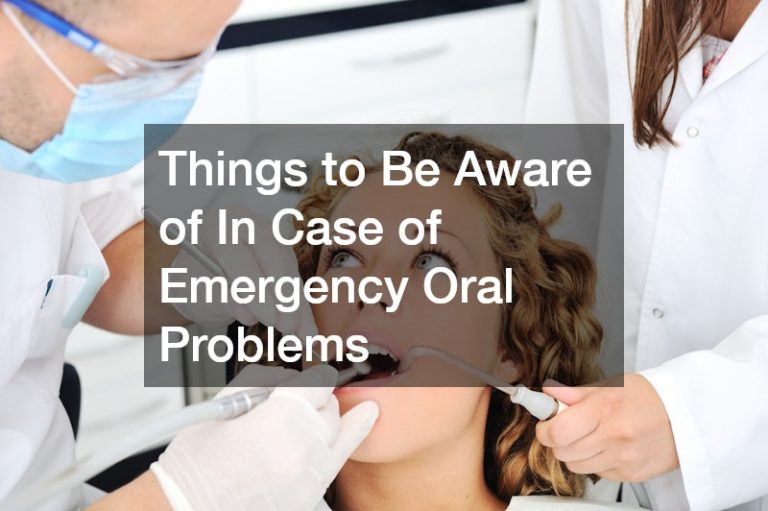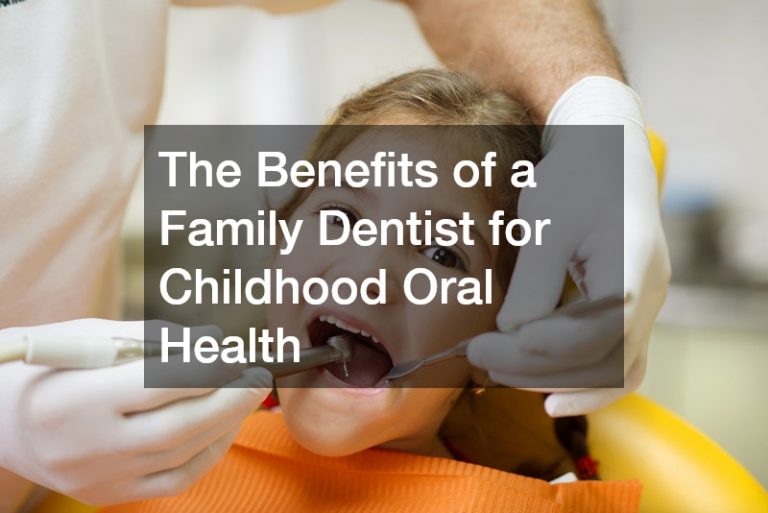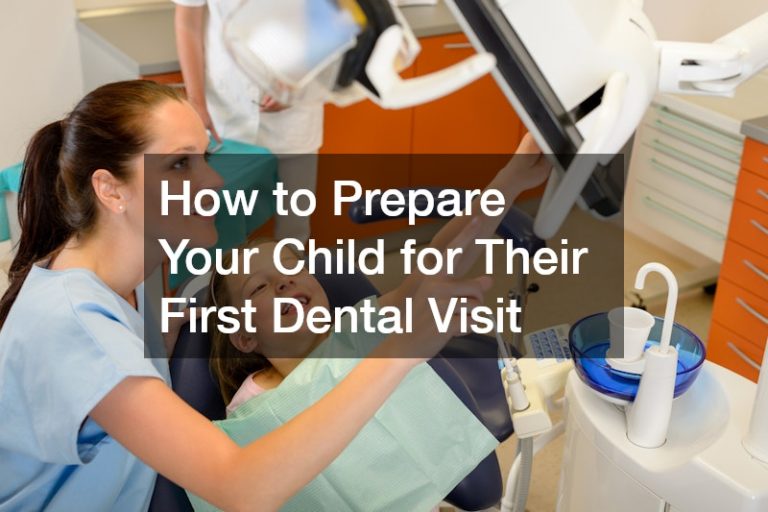Tips for Finding a Reputable, Experienced Dentist for Teenagers
When it comes to teenagers, finding the right dentist is crucial for their oral health. A good dentist can provide the necessary care and guidance to ensure that their teeth remain healthy and strong. Here are some tips to help you find a reputable and experienced dentist for teenagers.
1. What qualities should I look for in a dentist for teenagers?
When searching for a dentist for teenagers, one of the most important qualities to look for is experience. An experienced dentist will have the knowledge and expertise to address the unique dental needs of teenagers. Additionally, it is beneficial to find a dentist who specializes in teen dental care, as they will be familiar with the specific issues that teenagers may face.
By choosing a dentist with experience and specialization in teen dental care, you can ensure that your teenager receives the best possible care for their teeth. It is also important to look for a dentist who is compassionate and understanding towards teenagers, as this can help alleviate any anxiety or fear that your teenager may have about visiting the dentist.

2. How can I find recommendations for a good dentist?
One way to find a good dentist for teenagers is by asking for referrals from family, friends, or pediatricians. Personal recommendations can help you find a dentist who has a good reputation and provides quality dental care for teenagers.
You can also check online reviews and ratings to see what other patients have to say about their experiences with a particular dentist. Websites like Yelp or Google Reviews can provide valuable insight into the quality of care provided by different dental offices. Another option is to contact local dental clinics or organizations that specialize in teen dental care to get recommendations for reputable dentists in your area.
3. What should I consider when choosing a dentist for teenagers?
When choosing a dentist for teenagers, it is important to consider the location and convenience of the dental office. A dentist located close to your home or your teenager’s school can make it easier to schedule appointments and ensure regular dental visits.
It is also essential to check whether the dentist accepts your insurance plan, as this can help reduce out-of-pocket costs for dental care. Make sure to inquire about payment options and any fees associated with services not covered by insurance.
In addition to location and insurance coverage, consider the availability of emergency dental services at the dental clinic. In case of dental emergencies, it is crucial to have access to a dentist who can provide immediate care for your teenager’s teeth.
4. How can I ensure that the dentist is reputable and trustworthy?
To ensure that the dentist for teenagers is reputable and trustworthy, it is important to verify their credentials and qualifications. Check if the dentist is licensed and board-certified in pediatric dentistry or general dentistry, depending on the specialization.
Look for professional affiliations such as membership in dental organizations or associations, as this can indicate that the dentist adheres to high standards of practice and ethics. You can also check for any disciplinary actions or complaints filed against the dentist to ensure their reputation.
5. What types of dental services should a dentist for teenagers offer?
A good dentist should offer a comprehensive range of dental services to address their unique needs. This includes preventive care such as regular cleanings, exams, and fluoride treatments to maintain oral health.
In addition to preventive care, the dentist should provide orthodontic services for teenagers who may need braces or other teeth alignment treatments. Wisdom teeth extraction and periodontal therapy are also common services that teenagers may require to maintain their oral health.
Cosmetic dentists can offer services such as teeth whitening or veneers to improve the appearance of a teenager’s smile and boost their confidence. Ensure that the dentist you choose offers a variety of services to meet your teenager’s dental needs.

6. How can I prepare my teenager for their dental visit?
Preparing your teenager for their dental visit can help alleviate any anxiety or fear they may have about seeing the dentist. Explain the importance of dental care and how regular visits can help maintain healthy teeth and gums.
Address any concerns or fears that your teenager may have about visiting the dentist by providing reassurance and support. Encourage them to ask questions and communicate openly with the dentist about any issues or discomfort they may be experiencing.
7. What are some common dental issues that teenagers face?
Teenagers are prone to developing cavities due to poor oral hygiene habits, sugary diets, and inadequate brushing and flossing. Regular dental check-ups can help detect cavities early and prevent further tooth decay.
Wisdom teeth concerns are another common dental issue that teenagers may face as their wisdom teeth start to emerge. In some cases, wisdom teeth may need to be extracted to prevent overcrowding or impaction that can cause pain and discomfort.
8. How often should teenagers visit the dentist?
Teenagers should visit the dentist for regular check-ups every six months to maintain good oral health and prevent dental problems. These routine visits allow the dentist to monitor the teenager’s teeth and gums for any signs of decay, cavities, or gum disease.
In addition to regular check-ups, teenagers may need to visit the dentist for emergency dental services in case of sudden tooth pain, injury, or other urgent dental issues. It is crucial to seek immediate care from a local dentist or emergency dentist if your teenager experiences severe dental pain or trauma.
Emergency dentists are available to provide prompt treatment and relief for teenagers who require urgent dental care outside of regular office hours. Make sure to have the contact information for an emergency dentist on hand in case of unexpected dental emergencies.
9. What should I do if my teenager needs a specialized dental procedure?
If your teenager needs a specialized dental procedure such as wisdom teeth extraction or orthodontic treatment, it is essential to consult with the dentist to discuss the best course of action. The dentist can explain the procedure, risks, and benefits to help you make an informed decision.
You may also consider seeking a second opinion from another dentist or specialist to ensure that your teenager receives the most appropriate treatment. Different dental clinics and cosmetic dentists may have varying approaches to certain procedures, so it can be beneficial to explore different options before making a decision. Ultimately, the goal is to provide the best care for your teenager’s teeth and oral health, so do not hesitate to seek additional opinions or information to ensure the right treatment plan.

10. How can I ensure my teenager maintains good oral hygiene between dental visits?
Encourage your teenager to practice proper brushing and flossing techniques at home to maintain good oral hygiene between dental visits. Remind them to brush their teeth at least twice a day for two minutes each time and to floss daily to remove plaque and food particles between teeth.
Limiting sugary foods and drinks in your teenager’s diet can also help prevent cavities and tooth decay. Encourage them to choose healthy snacks and beverages that are low in sugar and acid to protect their teeth from erosion and decay. Educate your teenager about the importance of oral hygiene and regular dental visits in maintaining healthy teeth and gums. By instilling good oral habits early on, you can help them develop a lifelong commitment to dental care and overall wellbeing.
11. What should I do if my teenager experiences dental pain or discomfort?
If your teenager experiences dental pain or discomfort, it is essential to contact the dentist immediately to schedule an appointment for evaluation and treatment. Dental pain can be a sign of underlying issues such as cavities, infection, or gum disease that require prompt attention from a dentist.
In the meantime, you can administer pain relief medication as directed by the dentist to alleviate discomfort and reduce inflammation. Avoid applying heat or ice directly to the affected area without consulting the dentist, as this can worsen the pain or cause further damage to the teeth or gums. Your teenager should avoid eating hard or sticky foods that can exacerbate dental pain and practice gentle oral hygiene to prevent irritation or infection until they can be seen by the dentist for proper evaluation and treatment.
12. How can I help my teenager overcome dental anxiety?
Dental anxiety is a common issue that many teenagers face when visiting the dentist. To help your teenager overcome dental anxiety, encourage open communication with the dentist about their fears or concerns.
Consider discussing sedation options with the dentist if your teenager experiences severe anxiety or phobia related to dental visits. Sedation techniques such as nitrous oxide or oral sedatives can help relax your teenager and make their dental experience more comfortable and stress-free. Reassure your teenager that the dentist is there to help them maintain good oral health and address any dental issues they may have. By providing support and understanding, you can help your teenager feel more at ease during their dental visits and overcome their anxiety over time.
13. What role should teenagers play in their own dental care?
Teenagers should take responsibility for their own oral hygiene by practicing good brushing and flossing habits at home. Encourage your teenager to brush their teeth at least twice a day for two minutes each time and to floss daily to prevent plaque buildup and cavities.
Teach your teenager the importance of regular dental visits and encourage them to communicate openly with the dentist about any dental concerns or issues they may have. By empowering your teenager to take an active role in their dental care, you can help them develop healthy habits that will benefit their oral health in the long run. Teenagers should also understand the importance of following the dentist’s recommendations for treatment and preventive care to maintain healthy teeth and gums. By working together with your teenager, you can ensure that they continue to prioritize their dental health and overall wellbeing.

14. How can I stay informed about my teenager’s dental health progress?
To stay informed about your teenager’s dental health progress, schedule regular follow-up appointments with the dentist to monitor their teeth and gums. These check-ups allow the dentist to track any changes or issues with your teenager’s oral health and provide necessary treatment or interventions.
Ask the dentist for updates on the treatment plan and any recommendations for ongoing care or maintenance to support your teenager’s oral health. This can include advice on oral hygiene practices, dietary habits, or additional services that may be beneficial for maintaining healthy teeth and gums.
15. What should I do if I am not satisfied with the care provided by the dentist for teenagers?
If you are not satisfied with the care provided by the dentist for teenagers, it is important to discuss your concerns directly with the dentist. Express your feedback or issues openly and constructively to give the dentist an opportunity to address any shortcomings or make improvements.
If your concerns are not resolved or you feel that a change is necessary, consider seeking a second opinion from another dentist or switching to a different dental clinic that better meets your teenager’s needs. It is crucial to prioritize your teenager’s oral health and find a dentist who can provide quality care and support for their dental needs.
In conclusion, finding a reputable and experienced dentist for teenagers is essential for maintaining their oral health and overall wellbeing. By considering the qualities of a good dentist, seeking recommendations, and choosing a dentist who offers comprehensive services, you can ensure that your teenager receives the best possible dental care.
Encourage your teenager to take an active role in their own dental care by practicing good oral hygiene habits at home and communicating openly with the dentist about any concerns or issues. Stay informed about your teenager’s dental health progress by scheduling regular check-ups and following the dentist’s recommendations for treatment and preventive care.






